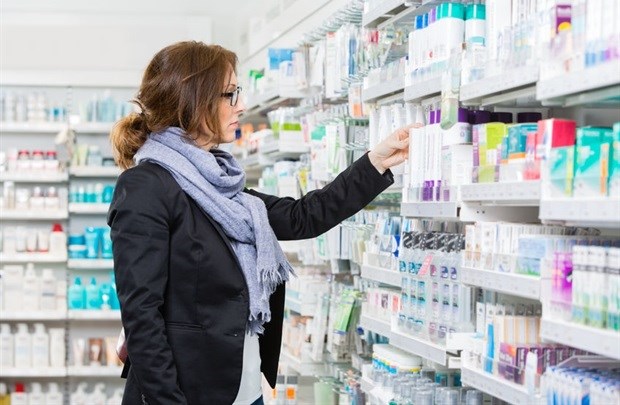
Top stories






More news


Marketing & Media
Ads are coming to AI. Does that really have to be such a bad thing?














As CEO of the Shoprite Group, Pieter Engelbrecht, said in response to their interim results (which speak for the average South African), “In the external operating environment, economic conditions have left the group's core customer under significant financial pressure.”
In a recent interview I was asked how to launch a new product in the pharmaceutical market. My first response was, “with difficulty". It’s not only that the consumer is cash-strapped, it’s also that there are fundamental changes happening within the industry itself.
For anyone looking to be involved in new product development, here are five key things you need to know.
A state-owned pharmaceutical company is likely to form part of the government’s transition to the National Health Insurance (NHI) system. President Ramaphosa confirmed this in his February State of the Nation address, reiterating that the NHI is in its final stages and will soon submitting to parliament.
He said, “By introducing the NHI together with a multi-pronged quality improvement programme for public health facilities, we are working towards a massive change in the health care experience of South Africans.”
We don’t know what the exact outcome of this will be but approved NHI partners will be the ones who have the footprint with doctor’s scripts. Also, as Erik Roos, chief executive of Pharma Dynamics points out, “(We) will see a change in the balance of power across the healthcare value chain as governments and medical aid providers start to exert more pressure on pharmaceutical companies to drop their prices.” Greater transparency with regards to the cost and sale of medicines will also be necessary.
Independent pharmacy is taking a beating at this point and time. Traditionally they used to represent between 50% to 51% of the pharmacy retail market in South Africa. This was because they were conveniently located in the suburbs and had relationships with the customers living around them. Independent pharmacy also dominated in script driven business, although not in sales at the front of shop. This is changing as more independents are becoming owned, or part-owned by bigger players in the industry, like the Dis-chem Group, for example.
There is also major competition for the independents from a big pharma player like Clicks, which has over 600 stores, of which more than half have a pharmacy and most of the others have the potential to become a pharmacy. Lastly, as already noted, more people are being forced to shop where it’s cheapest and independent pharmacies will battle to compete on price with the pharma chains – unfortunately, loyalty will only take you so far in today’s market.
Dis-Chem has around 140 stores in South Africa, but it's winning in the marketplace with its house brands which now cover less traditional products such as toothpaste and adult incontinence aids, for example. This direction is based on international trends which have focused on in-house products we would never have seen in pharmacies a few years ago. Now there isn’t a product category in Dis-chem where their own product doesn’t feature. In addition, these brands are no longer named after the store so the consumer is less likely to perceive them as “budget” or “low quality” items.
Another trend changing the status quo is the rise of preventative healthcare products rather than reactive medicine. This can be seen in the increase in sales in vitamin products, health foods, immune boosters, sporting tonics, etc. Where this will encourage new industry players is actually outside of FMCG products and into technology such as health-tracking apps and through partnerships with Medical Aids. Some examples already running in South Africa are with Discovery Vitality with benefits linked to health foods sold in-store at pharmacies.
The domination of the pharmaceutical market in the future will largely be through innovation and customer relationships. In South Africa, Dis-chem is the current success story in the marketplace as their business model is all about shoppers choice. They have the option of 100 different deodorants, for example. They are all about choice – giving people the option to buy things they didn’t even know they wanted, which is why customers walk out of the store saying, “I only came to get two things and look how much I bought.”
In addition, if you can’t find something in a Dis-Chem store you will find it online. They’ve always had surgical wheelchairs and walkers available, for example, but their online store has ten times more of these type of products backed up with online specialists who can assist the customer. But while they have the market covered at the moment, new global innovations from Amazon or Alibaba could change all that quite quickly.
Another global trend is aligning stores with services outside the products they sell. Again Dis-Chem is a good example of how to do this; they have a lot going on external to direct sales, including:
• Wellness clinics
• Homeopaths
• Beauty salons offering make-overs, massages, etc.
• Sponsoring of sporting events
• Stands with specialists at baby shows
• A strong radio presence
• The Dis-chem Foundation including food gardens – a great CSI initiative giving back to the community.
In summary, 2019 will continue to be tough for those of us in the pharmaceutical industry. At the moment, it is costing some businesses to stay in business. Those who can ride the current wave will be around to embrace the positive changes we hope to see within the next year.
